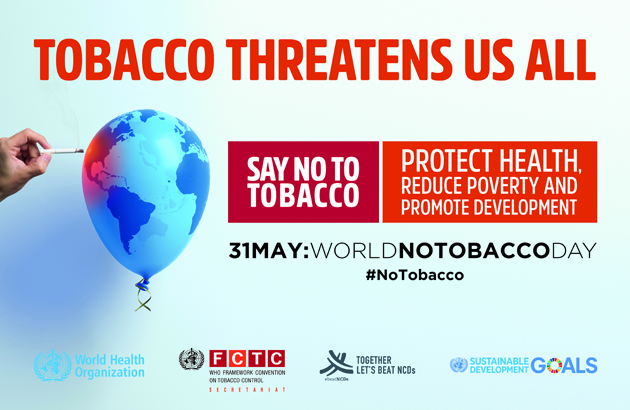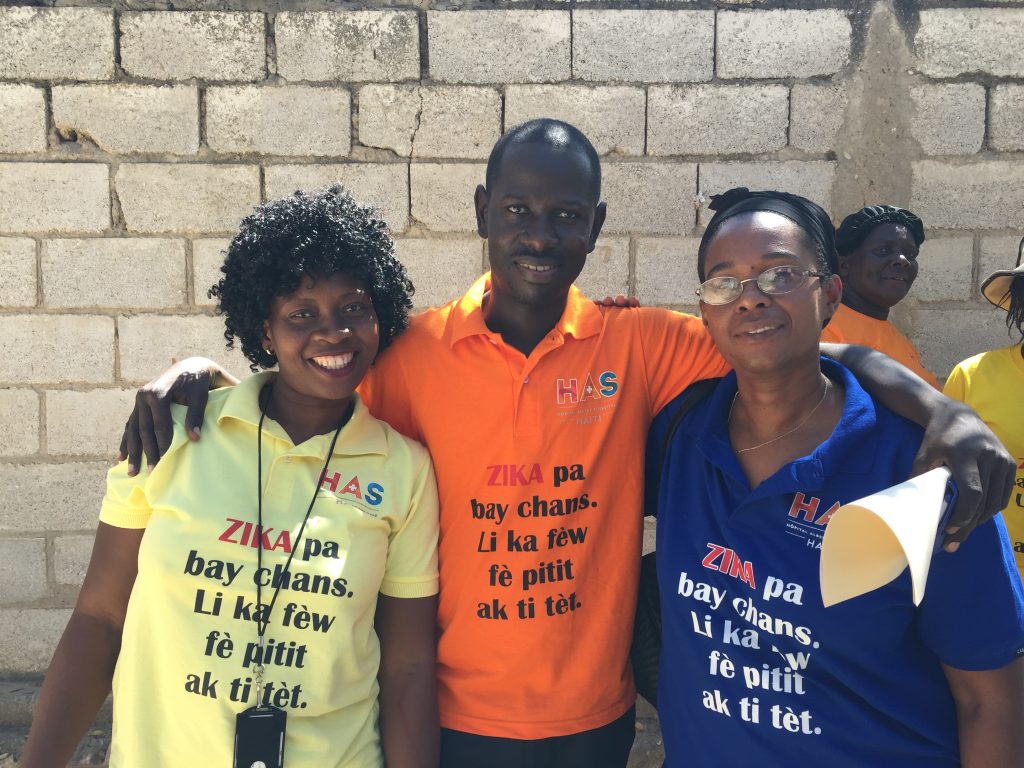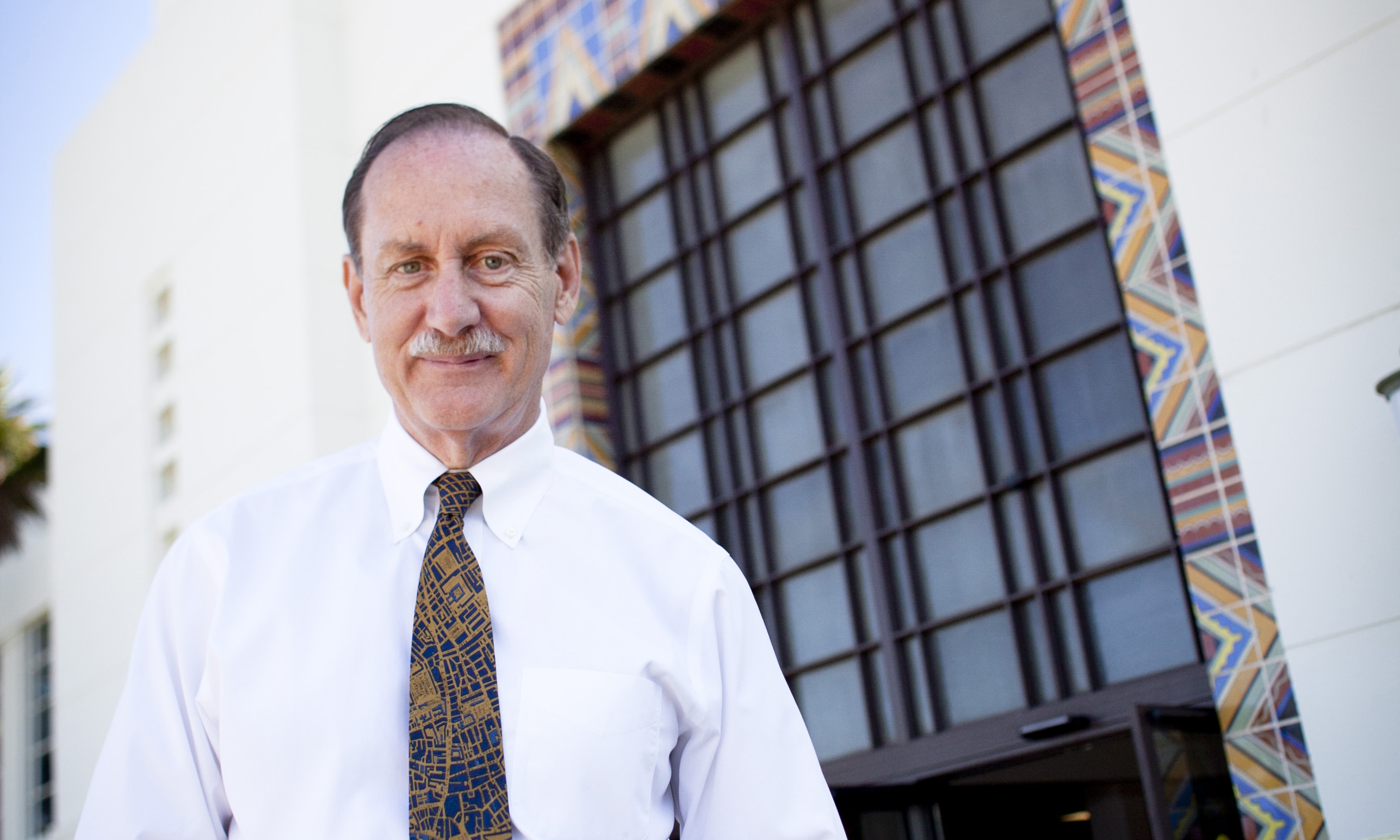
50 Reefs Q&A: Believing in the capacity of humans to self-correct
June 12, 2017
Dr. Ameer Abdulla, Senior Marine Advisor, World Commission of Protected Areas, International Union for Conservation of Nature (IUCN)
What are some of the challenges you’ve encountered as you work to protect reefs in the Maldives?
I believe there is a general lack of recognition of the critical role coral reefs play in the persistence of the islands and the economy of the country. Of course this issue is not unique to Maldives but is especially emphasized given the geography and geomorphology of the country. The wellbeing of not just the coral reefs but also the people is at stake when reefs are not managed as well as they could be.
Read more
50 Reefs Q&A: Prevention is better than a cure
June 8, 2017
Dr. Sangeeta Mangubhai, Fiji Country Director, Wildlife Conservation Society
Can you tell us about the problems that are affecting coral reefs globally?
Coral reefs are facing an onslaught of stresses and pressures from land-based pollution, destructive fishing, overfishing, and climate change. Any one of these human caused stresses have the potential to impact coral reefs. Together they are causing wide scale losses and declines in coral reefs all over the world at alarming rates. Even some of the more remote parts of the world, away from human habitation, coral reefs are impacted by climate change-induced thermal events that can cause coral bleaching.
Read more
A profile in bold leadership: Sam Liccardo
June 6, 2017
Last February, San José, California, was hit with its worst flood in centuries. After five years of drought, record-breaking rain led the nearby Anderson Dam to overflow, causing severe flooding in areas along Coyote Creek and 14,000 residents to be evacuated from their homes. Mayor Sam Liccardo asked the entire city to come to their neighbors’ aid. “Today, we’re calling on the whole community to help us,” he said at the time. San José’s residents were more than willing to lend a hand. Over the course of two weeks, 4,000 volunteers hauled more than 2,000 tons of debris from flood-ravaged homes. “To paraphrase [basketball coach] John Wooden, crises do not build character, they reveal it,” said Liccardo, whose city partners with Bloomberg Philanthropies’ What Works Cities and Cities of Service programs.
Read more
Follow the Data Podcast Episode 10: The role of countries in the global tobacco crisis
May 31, 2017
As the World Health Organization and people around the globe celebrate World No Tobacco Day, we invite you to join us for part two of our series on tobacco control. Over the last ten years the Bloomberg Initiative to Reduce Tobacco Use has successfully supported 59 countries in passing laws or policies, reaching nearly 3.5 billion people and saving an estimated 30 million lives.
Read more
50 Reefs Q&A: Raising awareness on the importance of coral reef conservation in Indonesia
May 30, 2017
With Rili Djohani, the Executive Director of Coral Triangle Center
Can you tell us about the problems that are affecting coral reefs globally?
More than 60 percent of the world’s reefs are under immediate and direct threat from local sources such as overfishing, destructive fishing, uncontrolled coastal development, watershed-based pollution, or marine-based pollution and direct physical damage from coral mining and tourism activities such as trampling on the reef. An estimated 75 percent of the world’s coral reefs are rated as threatened when local threats are combined with global threats such as thermal stress caused by climate change and ocean acidification. If local and global threats are not addressed, the percentage of threatened reefs is projected to increase to 90 percent by 2050.

Nine of the most inspiring ideas I’ve seen this year
May 22, 2017
By James Anderson, Bloomberg Philanthropies Government Innovation
Amidst numerous global crises and fractured national politics, many are looking with increased urgency to cities for hope and to drive human progress. That’s why, now more than ever, we need bold creativity from local leaders. Here are nine ideas – some funded by Bloomberg Philanthropies, many that aren’t –that show that our cities, and their leaders, are more than up to the task.
Read more
What the World Will Learn from Chile’s Bold Policy to Curb Obesity
May 15, 2017
By Dr. Camila Corvalán, University of Chile’s Institute of Nutrition and Food Technology
Countries around the world are facing a health crisis as rates of obesity and being overweight are increasing – and Chile is no exception. Chile has among the highest rates of obesity in Latin America: 66 percent of Chilean adults and 34 percent of Chilean children are obese or overweight. Since the 1980s, the typical Chilean diet changed from predominantly natural foods to being dominated by ultra-processed foods, which are higher in calories and sugar. In 2014, Chileans had the highest per-person daily calories from sugary beverages in the world.
Read more
Planning for Prevention: Using Family Planning Methods as a Protective Measure Against the Zika Virus
May 12, 2017
By HAS Haiti and Family Planning 2020
Family Planning 2020 (FP2020) is a global partnership that supports the rights of women and girls to decide, freely and for themselves, whether, when, and how many children they want to have. An outcome of the 2012 London Summit on Family Planning, FP2020 works with governments, civil society, multilateral organizations, donors, the private sector, and the research and development community to enable 120 million more women and girls to use contraceptives by 2020.
Read more
Big benefits from one tiny house
May 11, 2017
To respond to this affordability challenge, Boston’s Innovation Team (i-team) hopes to turn to a trend more common in style magazines than in affordable housing strategies – the tiny house movement. The movement promotes living in spaces about 400 square feet or less for reasons of energy efficiency, cost, and simple living. But before the city undertook the costly process of building smaller units to address their affordable housing crisis, city leaders needed to know: would people like them?
Read more
A Profile in Bold Leadership: Rick Cole
May 9, 2017
Under the guidance of City Manager Rick Cole, Santa Monica, California has redefined what it means to look out for residents’ health and welfare. Through its Wellbeing Project, a 2013 Bloomberg Philanthropies Mayors Challenge winner, the city has created a Wellbeing Index that not only provides a baseline understanding of all it takes for people to thrive, it also helps the city measure its residents’ wellbeing and apply that insight to city plans and policies.
Read more